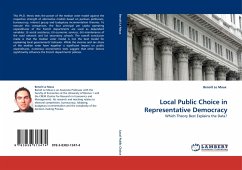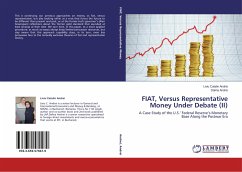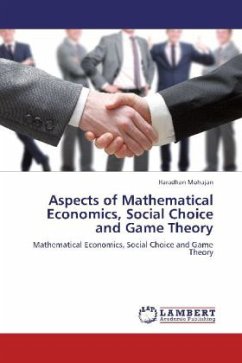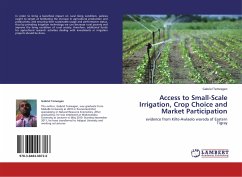This Ph.D. thesis tests the power of the median voter model against the respective strength of alternative models based on partisan politicians, bureaucracy, interest group and budgetary incrementalism theories. To execute this comparison, the four principal per capita operating expenditures of the French departments are used as dependent variables: (i) social assistance, (ii) economic services, (iii) maintenance of the road network and (iv) secondary schools. The overall conclusion made is that the median voter model is not the best model for explaining local governments' behavior. While the income and tax share of the median voter have together a significant impact on public expenditures, numerous econometric tests suggest that other factors significantly influence the French departments' policies.
Bitte wählen Sie Ihr Anliegen aus.
Rechnungen
Retourenschein anfordern
Bestellstatus
Storno








